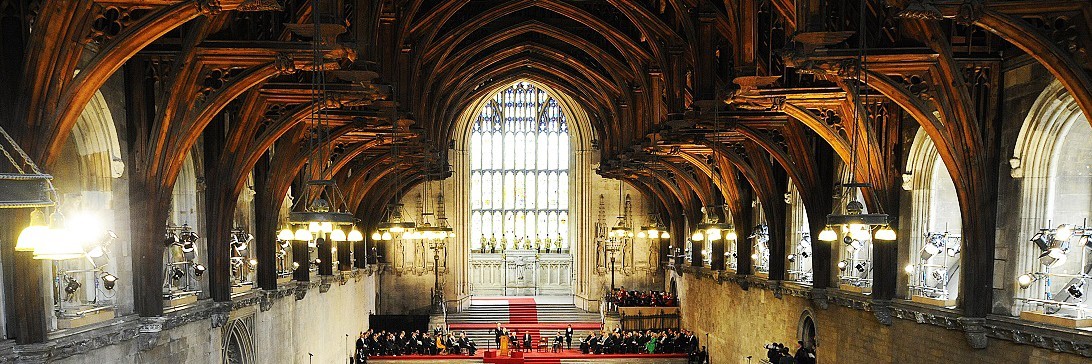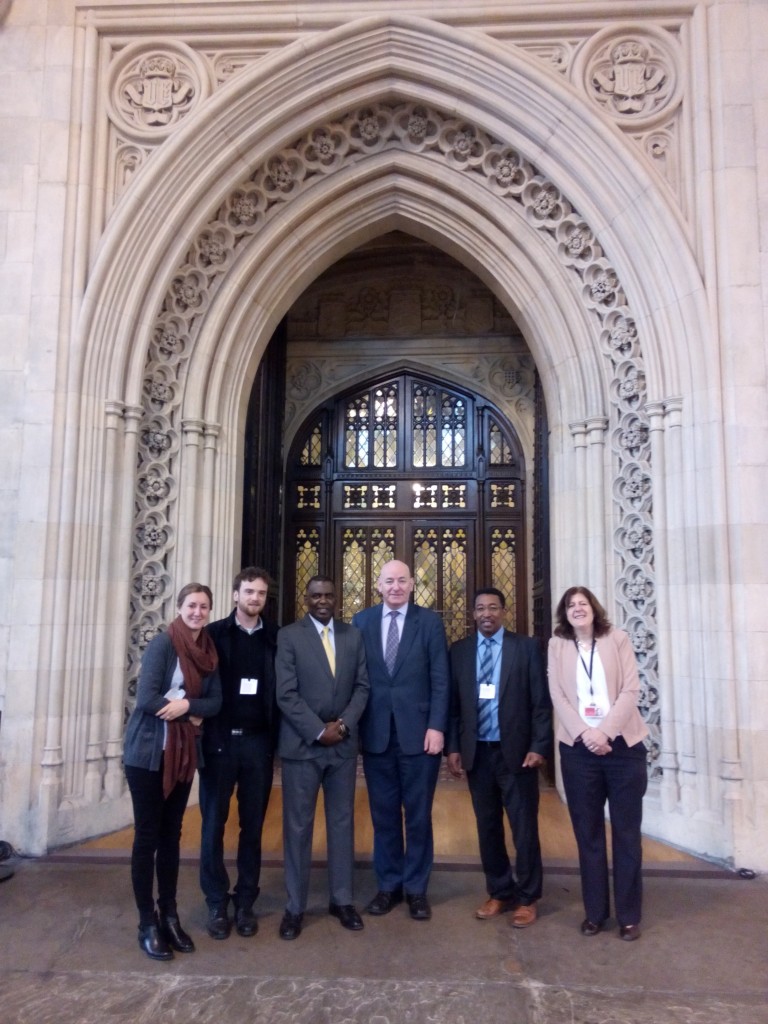The All-Party Parliamentary Human Rights Group (PHRG) organised a Parliamentary Meeting with anti-slavery activists on Mauritania, on 10 December, to discuss related issues including persecution of anti-slavery activists.
We would like to thank Mark Durkan MP, PHRG Treasurer, for chairing this event.
The speakers were:
- Biram Dah Abeid – internationally renowned anti-slavery campaigner (BDA);
- Sarah Mathewson – Africa Programme Coordinator, Anti-Slavery International (SM);
- Abidine Merzough – head of IRA-Europe (AM).
The main points which arose were as follows:
- Within Mauritania there still exists a system of slavery. There is a spectrum of slavery practices, from those born into slavery whose ancestors were slaves, to those working for extremely low wages, including for companies. In Mauritania, any international company that seeks to operate in the country must have a Mauritanian partner company which opens up the local workforce to exploitation: the Mauritanian company employs the labour force en masse, keeps the majority of the money meant to go on wages, and pays out poor wages to employees. (BDA)
- There is concern about the welfare of the three anti-slavery activists that remain in jail: Abdallahi Abou Diop; Moussa Biram; and, Abdallahi Seck. Ten other activists who were also convicted in August in a trial which did not meet international standards were released in November after appeal proceedings. They had been charged with offences including rebellion, use of violence and attacking public authorities. There is evidence that the three activists who remain in jail for their anti-slavery campaigning have been subjected to physical torture; it is possible they have not been released because torture marks are still visible. They are currently detained in a remote prison in the desert in Western Sahara. (AM + SM)
- The slave-owners are often not prosecuted for their crimes due to the racial nature of the social structure. The authorities usually do not enforce the law, and the Arab-elites (Berbers) remain almost untouchable. The two individuals chosen to be prosecuted recently for owning slaves were from Mali and not from slave-owning Mauritanian families. However there are progressive voice among the Berber-Arab elites who draw attention to criticism of slave ownership in Mauritania and say that something needs to be done. (BDA)
- The Mauritanian Government implements anti-slavery laws and prosecutions very sporadically, usually at moments of heightened international attention, such as in the case brought before the African Committee of Experts on the Rights and Welfare of the Child (ACERWC). In that instance, the Mauritanian Government scheduled the slave-owners’ hearings on the day of the ACERWC hearing. However, shortly after international attention recedes, criminals are usually released and activists arrested. (SM)
- More generally, those who campaign against slavery are persecuted. Anti-slavery NGOs are also not allowed to register, which means that those belonging to such organisations can be prosecuted at any time.
The PHRG will continue to monitor the situation in Mauritania very closely and to raise its concerns with relevant interlocutors. In addition, the PHRG will review the UK Government’s work worldwide, including in connection with companies, to promote compliance with anti-slavery obligations.


